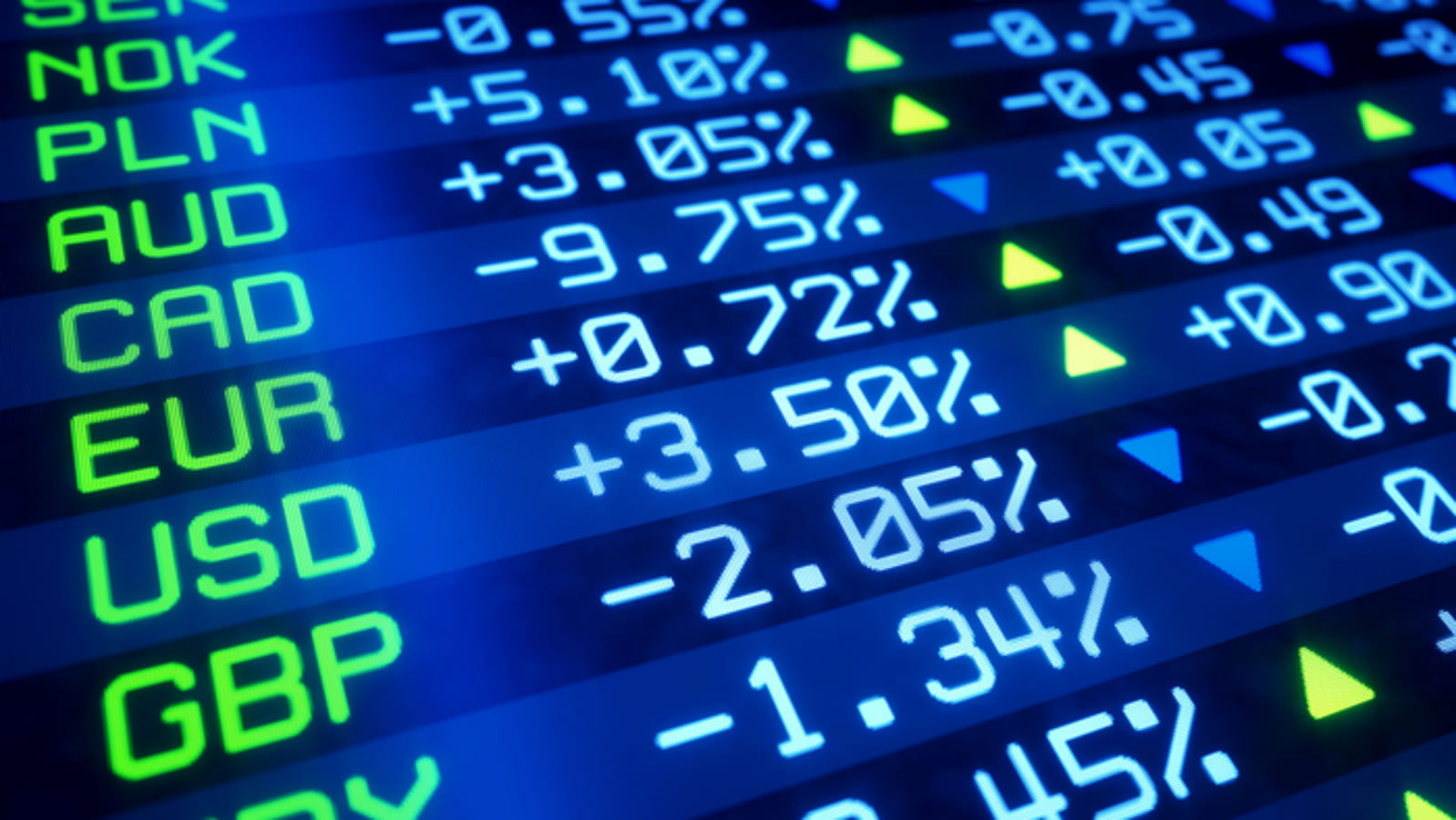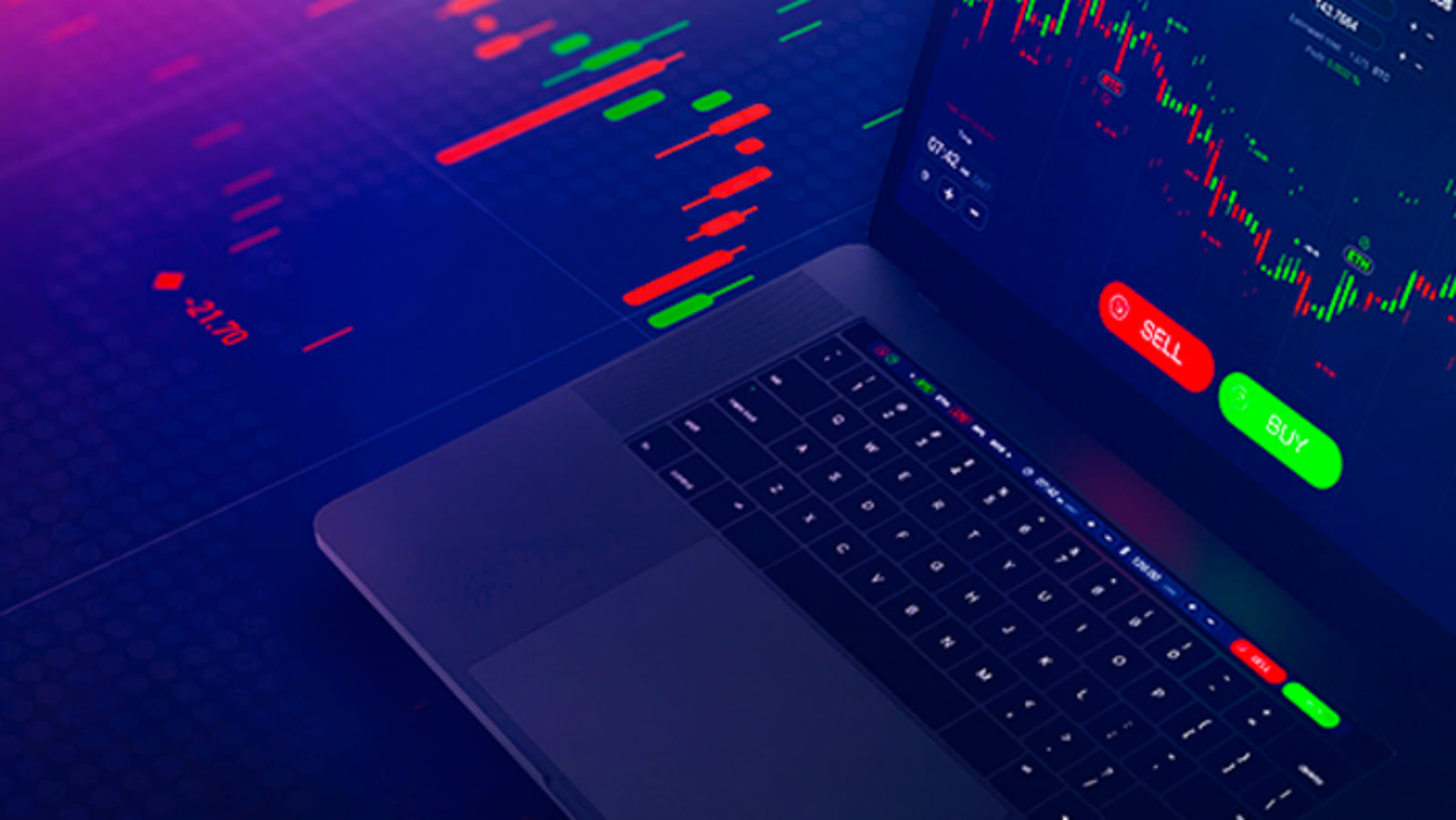Forex Trading for Beginners: how to Trade
Forex trading implies investing into different world currencies – physical money issued by different countries. Because such types of money have value supported by the governments, and because they have practical uses, trading in currencies has always been a popular practice.
However, even though currency speculation dates back to the time immemorial, Forex trading itself has many details, quirks and dangers. Many amateur investors simply dive into this business without researching properly. It is a viable strategy, because Forex is one of the least risky ventures, and you can learn a lot by simply clicking the buttons.
But it’s still very risky. In case you don’t want to waste your money trying to understand what’s going on, you need some reading before starting to trade on Forex. This guide will try to help you with that.
So, let’s start with the basics.

How does Forex work?
Different Forex exchanges allow you to sell your existing supply of money for the money of another type. You can choose the involved currencies itself, although the selection is restricted to the existing trading pairs.
Trading pair – is a combination of currencies represented in a pair of official currency abbreviations. ‘USD/EUR’ means you buy some amount of Euro (a so-called quote amount) for some amount of Dollars (a base amount). It only works in one direction, however. If you want to but USD for your EUR, you’ll have to find an opposite pair.
It’s important to note that Forex exchanges aren’t money converters. Some money converters allow you to turn the savings on your bank account in other currencies at a market price, and many of them have wider selections, although they are different from Forex.
Forex allows you to monitor the price movements and make respective decisions – buy, sell or hold. The instruments summoned to make this experience most effective are sometimes mind-boggling: from prediction mechanisms to the automated trading solutions.
How is Forex different?
Forex is somewhat different from other markets. Stock exchanges, for instance, very much require the connection with the physical stock exchanges, because you can’t just buy and sell shares on Amazon. The same goes for the currencies, although you don’t need one place to conclude an investment.
You can contact any bank or a certified firm and perform a currency exchange with them. Forex has a lot more options. It’s more flexible and decentralized. As a consequence, it’s a lot easier to trade on Forex than on other markets. There are several other reasons why:
- Since exchanges usually operate with various banks at the same time, Forex markets are usually open 24/7. Compare it to 6 to 7 hours on average with stock exchanges, and you’ll get a much better deal
- Forex is the biggest market out there, currencies are always on demand, and there are many people trying to invest into them at the same time. That means Forex is also the most liquid
Liquidity – is a parameter of a market that reflects exactly how fast you can sell or buy assets on it, in essence.
- Forex is easy to grasp. Granted, you still need to learn a few things, though it’s still easy to understand the concept of currency changing price and what may cause it. You’ll see in a second
How to monitor Forex?
Monitoring the currency prices on Forex is one the key tools of success. If you don’t want to monitor the trends and movements, you might as well just exchange your money in the back alley. Seeing how the prices not just change but may change in the future is mandatory for successful Forex trading. And you can do it in several ways, as an amateur investor.
Trading in news
Trading in news is one of the most used price prediction tactics. You don’t sell news to someone – you use the news to make better decisions. And news isn’t just mainstream recent events, although big events like elections or financial crushes can change the course of the currency.
The ‘news’ in this context are usually less… everywhere. Depending on which country’s currency you’re using, you may want to keep a close watch over the financial developments in this country, like additional money emissions, economic surges and downfalls or even catastrophes that may affect various industries in the area.
Metrics
It’s always good to have parameters that tell you exactly what to do. Currencies have some metrics that you can watch to make price conclusions, but there are also country-related parameters that affect the price movements just as well.
Inflation – is probably a familiar word to you. It means exactly how fast the value of the currency falls, in basic words. Several percents is a fine level, but if the number starts rising, than the price of this currency in relation to other currencies will start to fall. And on the contrary, if the inflation drops, the price starts to mount.
GDP – isn’t exactly a direct manifestation of how well the currency is doing. You’ll have to look at the growth of this parameter to make conclusions. If the growth rates start to slow down, then it’s better to brace yourself – especially if GDP itself starts to decrease – and on the contrary.
Unemployment – same with GDP, looking at the unemployment rates won’t tell you much, but if you decide to instead monitor the unemployment growth rates, you may see the pattern. Unemployment itself reflects other economic parameters, all of which directly affect the currency estimation
As you can see, you don’t really need to understand all these financial terms to make some reasonable conclusion about the currency of your choice. Their growth rates, however, will somewhat reflect the movement of this currency you’re investing into.
All currencies are affected differently, and you’ll have to feel on practice how it happens for the specific currency you chose. So you’ll still have to rely on experience and mistakes, sadly.
You can, of course, rely on other methods on price anticipation, but that’s a topic for another time – it borders very closely to the automated trading subject, which is fairly advanced for beginners.

How do you start?
How to start Forex trading? Well, first you need to pick a Forex exchange you like the most. There are many websites that provide you the access to Forex markets, and you’ll have to choose a market out of trust. See which you like best, browse through the user reviews, maybe join the trial period. You can start by going to forex.com, although even this website isn’t safe from fraud or issues. So, be vigilant, whatever you choose.
Then you’ll have to pick several trading pairs to work with. It’ll be great if they’ll be interconnected at some point – for instance, if each of them involves American dollar. Picking the currency might be challenging, but it won’t be quite so complex for you since you know all the right parameters for a good currency: low inflation, good GDP growth, low unemployment. It won’t make the currency more profitable, but it will make them less risky and full of surprises.
Finally, you’ll have to pick a trading platform. A trading platform is a collection of instruments stored in one API to make your job as an investor easier. There are plenty of web platforms, and lately there have been a surge in mobile apps. However, the downloadable software is still very common.

